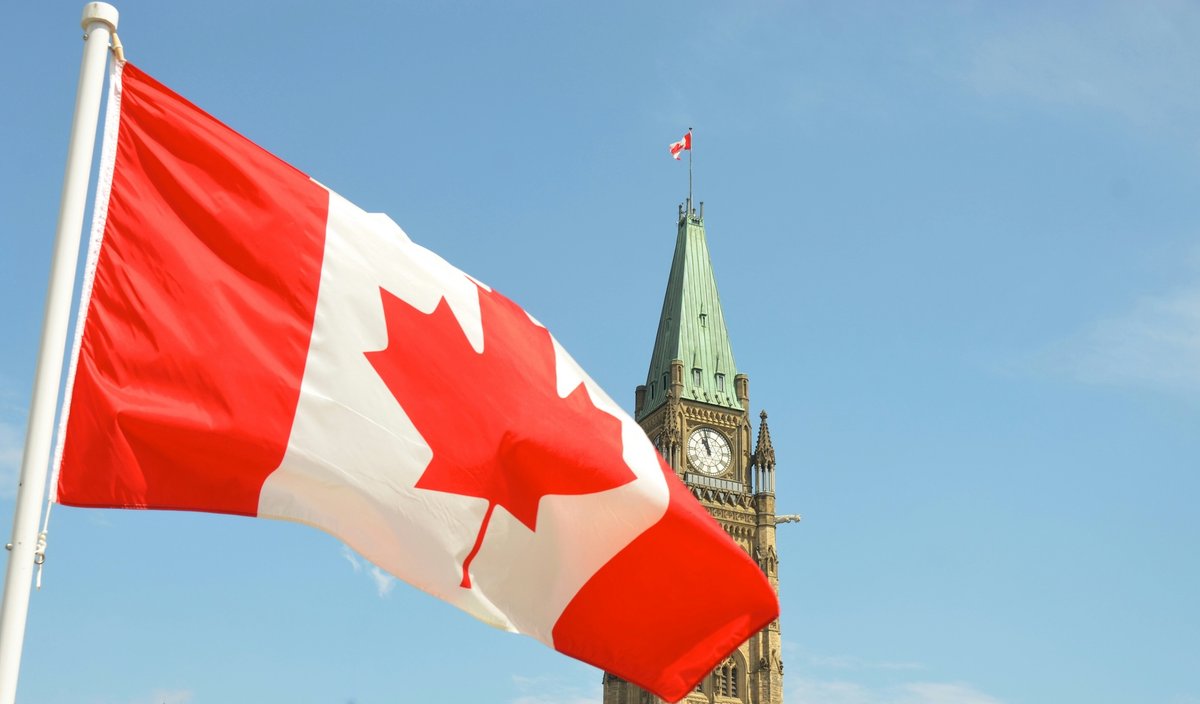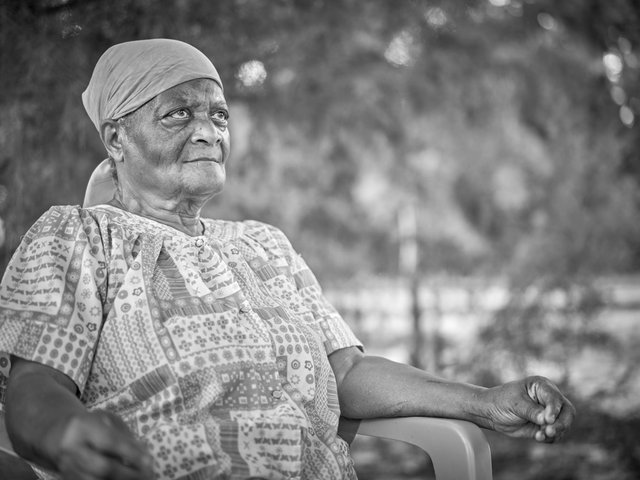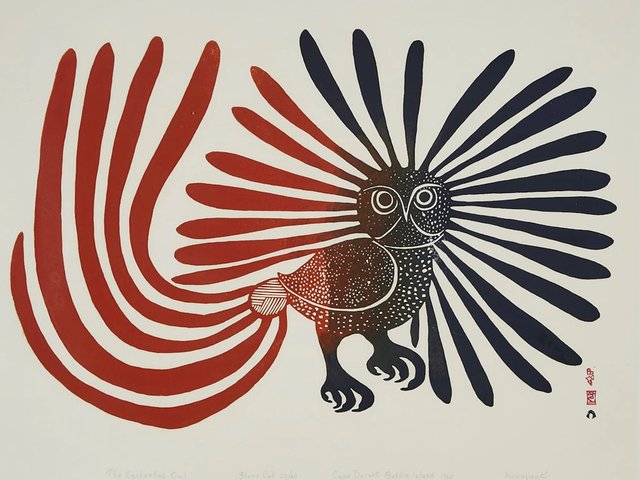As Canadians breathe a collective sigh of relief that federal budget proposed on 17 November by a minority Liberal government passed, and with it the threat of a Christmas election that nobody wanted, Canadian artists and their advocates are especially pleased. Prime minister Mark Carney’s budget also included a commitment to bringing “resale rights” for visual artists to Canada.
“This is very welcome news,” says April Britski, the national executive director of Carfac (Canadian Artists’ Representation / Le Front des Artistes Canadiens). “On behalf of Canadian artists, we thank the Canadian government, and especially the ministers of Canadian identity and culture, industry and finance for their commitment in moving this forward. The [artist’s resale right] provides much-deserved financial support and recognition for an artist’s lifetime of contributions to the arts.”
A previous effort in 2022 to amend Canada's copyright laws an enshrine a 5% resale royalty for Canadian artists did not succeed.
The resale rights for artists, Britski adds, are royalties that allow artists to “share in the wealth they generate in the marketplace”. The policy aligns Canada with more than 90 countries worldwide—including France and the UK—that already have resale rights legislation for visual artists. Many of those laws provide for visual artists to receive 5% when their work is resold on the secondary market through an intermediary such as an auction house or commercial gallery.
France was the first country to establish artists’ resale rights in 1920, followed by several other European countries. All European Union countries had to introduce legislation by 2006 because of an EU directive. Similar laws have been in place in Australia since 2009 and New Zealand since 2024. Artists and their supporters in the US have been lobbying for legislation since the 1970s, and several bills have been presented but not passed in the last two decades.
“Artists, particularly visual artists, are great contributors to Canada’s cultural scene and among the lowest income earners in Canada despite their significant cultural contributions,” Britski says. According to the 2016 census, there are over 21,000 visual artists in Canada with a median income of $20,000 a year from all income sources.
“An artist’s resale right provides the creators of original visual artwork with a royalty whenever their work is resold through an eligible sale, providing an additional income stream,” Britski says. “It is also a huge win for Indigenous artists, who have too often been exploited in the secondary art market.”
The move toward enshrining resale rights for Canadian artists comes after two decades of lobbying by Carfac as well as public figures like former senator Patricia Bovey and RAAV (the Regroupement des artistes en arts visuels du Québec), whose executive director Camille Cazin says: “We thank the government for this long-awaited measure, which recognises the value of artists’ work and will meaningfully improve their living and working conditions.”
Cory Dingle, the executive director of the Norval Morrisseau estate, points out that establishing artists’ resale rights also has enormous positive implications for artists’ estates and foundations.
“These royalties will directly support our ability to preserve and promote Norval’s legacy and Indigenous art more broadly,” Dingle tells The Art Newspaper. “Schools, hospitals, universities, spiritual organisations and other public institutions frequently seek to educate and inspire using Norval’s work, yet most lack the resources to cover the legal and administrative costs involved. Across Canada, many artist estates simply stop responding because they cannot afford to help—leaving institutions to rely only on free, public-domain material that rarely reflects the richness or diversity of our country.”
Artists’ resale rights, Dingle adds, can begin to correct this situation for Morrisseau’s estate and across the sector: “The income generated will be reinvested into cultural education, outreach and the responsible stewardship of Norval Morrisseau’s art. It supports both artists and art buyers, protects Canadian cultural heritage, and ensures that future generations can learn from, celebrate and be inspired by the full diversity of our nation’s artistic voices.”






